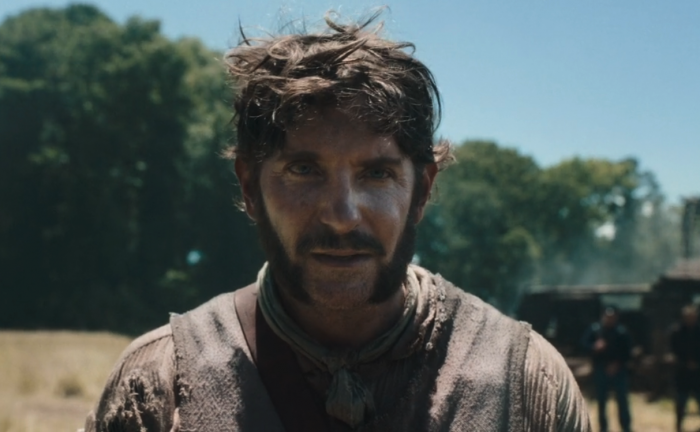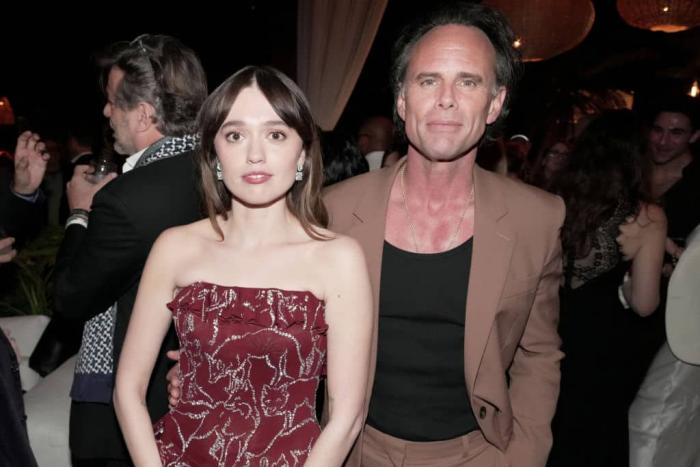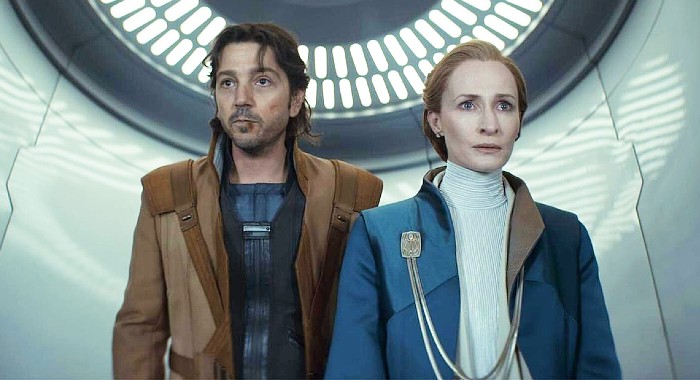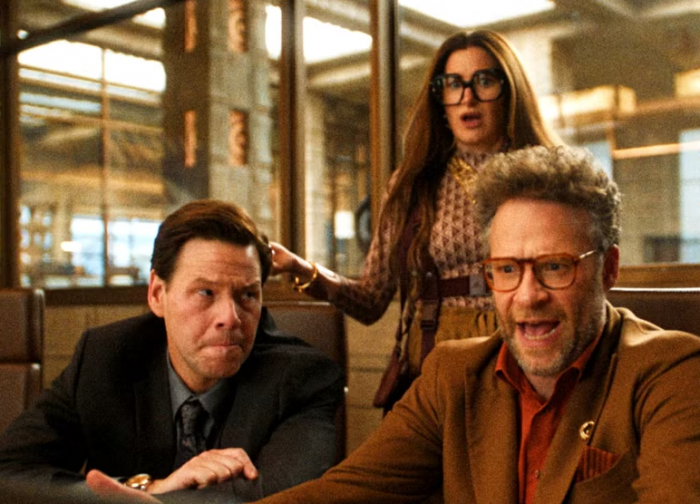
Book Review: Emily Nussbaum’s ‘I Like To Watch’ Is A Passionate Celebration of Both TV and Criticism
By Kayleigh Donaldson | TV | June 28, 2019

You know how sometimes you read a book and are so overwhelmed by how wonderful it is that you never want to write again, because how the hell are you supposed to go on when you know you’ll never be that good? I experienced that emotion on almost every page of I Like To Watch: Arguing My Way Through the TV Revolution, the first essay collection by Emily Nussbaum. It was inevitable, of course. I’ve been reading Nussbaum’s work consistently for years now, and it seems silly to be surprised that a Pulitzer Prize winner working at the New Yorker is highly skilled at their job. But it’s still worth noting: Nussbaum is one of the best critics working right now and easily represents the best argument us critics have in favour of the various merits of our occupation.
Compiled from Nussbaum’s work at multiple publications, but primarily the New Yorker, these pieces exemplify her greatest assets as a critic: Her generosity, her immense wit, her deep-seated knowledge of the medium, and her refusal to dumb down her arguments, even for the most supposedly lowbrow of shows. As explained in the first essay, Nussbaum became enamored with television primarily through two series: Buffy the Vampire Slayer and The Sopranos, but only one of those shows seemed to inspire weighty consideration in the critical realm. Where HBO’s mob drama was proclaimed to be a work of staggering genius akin to the greatest literary accomplishments, the creative and emotional complexities of the teenage vampire hunter show were dismissed as frivolities, a mere soap opera that was never intended to be taken seriously. This dichotomy helps to form the backbone of Nussbaum’s overriding thesis. She writes, ‘What kind of person got to be a genius? Whose story counted as universal? Which type of art had staying power?’
Nussbaum treats every show she critiques on the terms it sets for itself as well as through the context of television at large. You can’t talk about True Detective, for example, without getting into the tangled web of ‘Prestige TV’, its prevailing ideas of Difficult Men, and the ever-valuable currency of female trauma as a dramatic tool. There’s a reason Nussbaum’s review of the show’s first season is one of her most well-known, and even if you like the show, you can’t deny the thrill of reading her systematically dismantle it with the most brilliant turns of phrase. As well as being exceptionally skilled at crafting an argument, Nussbaum is also funny as hell. In her review of Hannibal, she writes of the show’s proud pretentions and baroque violence: ‘Nietzsche is peachy, but sicker is quicker.’ On the flipside, there are also her enriching pieces on shows so many TV critics pretend don’t exist, like the garishly addictive reality series Vanderpump Rules, which Nussbaum compares to sports in its almost compulsive appeal. There isn’t a single television series, regardless of quality or allure, undeserving of serious discussion.
This isn’t just a book of television criticism, although I would happily read many a compilation of Nussbaum’s reviews. I Like To Watch also includes long-form interviews with showrunners Kenya Barris of black-ish, Jenji Kohan of Orange is the New Black, and Ryan Murphy of everything else. Then there’s the piercing dedication-slash-autopsy of Joan Rivers in an obituary of sorts where Nussbaum gives the comic her full dues as a pioneer without softening her discomfiting edges. It’s a piece made all the more powerful by Nussbaum’s review of The Marvelous Mrs. Maisel, a show she dislikes in large part because it takes so much from Rivers’s story but omits the friction. As Nussbaum notes, ‘to honor her, as both a role model and a cautionary tale, you can’t airbrush that out.’
And then there’s the question of what to do about the great art made by terrible men. In an essay written specifically for the book, Nussbaum tries to tackle the topic we’ve all been knee-deep in some the Harvey Weinstein news broke. Nussbaum doesn’t offer answers or solutions because that would be counter-productive, not to mention presumptuous, but what she does give is a semi-autobiographical route through her own struggle with this issue. Growing up, Nussbaum idolized Woody Allen, memorizing his skits and even dreaming of one day bringing him homemade cookies. She quotes the first line of Dylan Farrow’s open letter detailing her allegations of molestation at the hands of Allen: ‘What’s your favorite Woody Allen movie?’ Nussbaum breaks down her personal journey on her time as an Allen fan, from being a devotee to feeling utter repulsion for everything he represents, but she still has an answer to Dylan’s question: The Purple Rose of Cairo.
What this essay does so vigorously is give Nussbaum room to dissect how her own standing as a critic works in the context of this recent cultural awakening. When your job as a critic is to talk about FX’s Louie, a show you grow to deeply love, and you’ve heard all the talk about Louis C.K. but nobody says it out loud because the dam of noise has not broken through yet, what do you do? We are shaped by the world and the art it produces. Sometimes it’s made by bad people, and as the title of the piece shows, there’s only so long you can be a human shield. Nussbaum has always passionately argued in favour of digging deeper into the things you love, but this essay also deals with the loss of one’s ability to take a less complicated approach.
Fundamentally, I Like To Watch is about the joys of television, and a plea for viewers to do more than write it off as another night in front of the ‘boob tube’. The punching bag of pop culture has long since legitimized its reputation and been replaced by newer, easier targets, but at a time of Peak TV, endless streaming services, and the encouragement of passive consumption, Nussbaum’s stance proves compelling and necessary. TV should do more, but so should those who view it.
I Like To Watch: Arguing My Way Through the TV Revolution is available to buy now wherever you get your books from.



